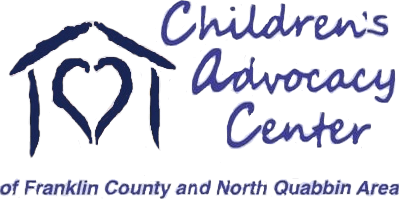
Children’s Advocacy Center (“CAC”) provides a comprehensive, culturally competent, multi-disciplinary team response to children and families that have experienced trauma. The CAC offers a multidisciplinary approach that includes case management and mental health services for the child and family members. The CAC believes that all children should be safe and protected from harm.
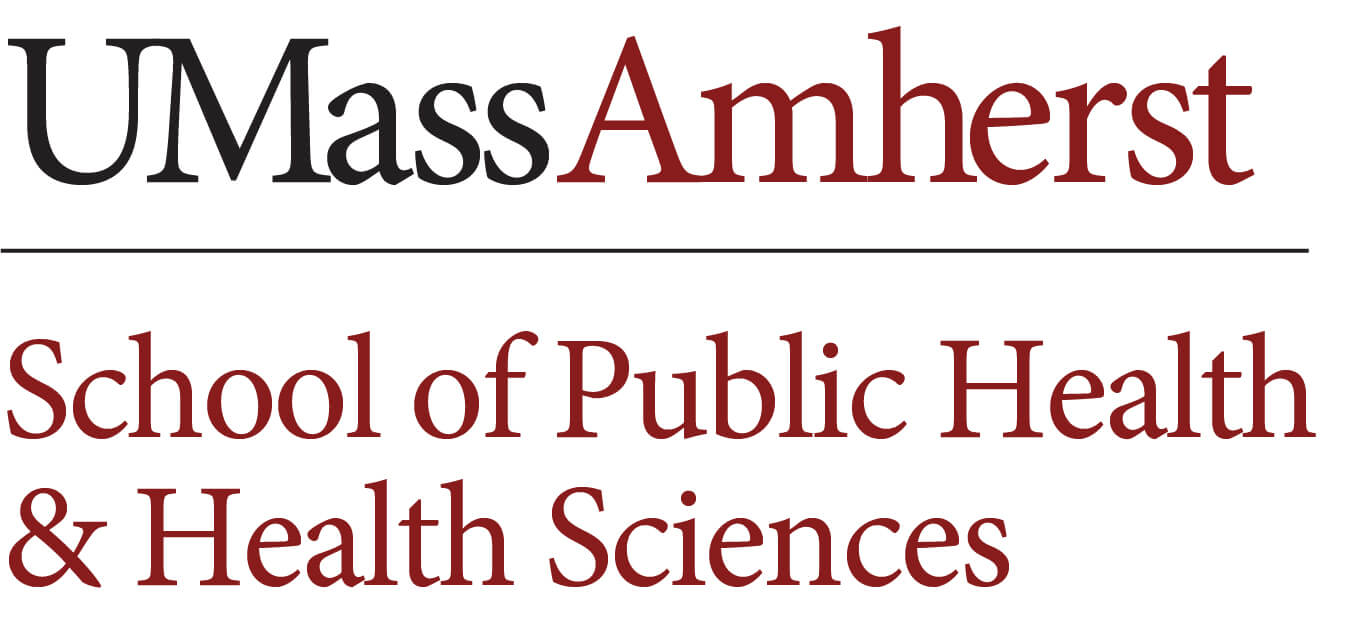
Elizabeth Evans, Ph.D. is an Associate Professor of Public Health at The University of Massachusetts Amherst. She researches how health care systems and public policies can better promote health and wellness among vulnerable and underserved populations, particularly for individuals at risk for opioid and other substance use disorders. Her current research focuses on how the criminal justice system can impact health outcomes.
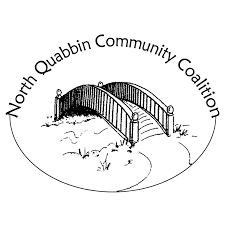
Serving Athol, Erving, New Salem, Orange, Petersham, Phillipston, Royalston, Warwick, and Wendell, the North Quabbin Community Coalition is a community-wide alliance committed to improving the quality of life for all those living and working in the North Quabbin. Formed in 1984, it offers a monthly forum where individuals come together to address some of the region’s most pressing concerns as well as a range of workgroups and task forces. The Coalition serves three primary purposes within the community to 1) advocate and respond to community emergent issues; 2) address community priorities, and 3) disseminate information and provide networking opportunities.

The mission of the center is to provide a compassionate safe space to offer peer support to allow multiple paths of recovery for all. The North Quabbin Recovery Center believes that values are the compass that guides us all. Values are a foundation upon which each member builds an enriched and balanced life. That life includes an open-mindedness toward all individuals in their path to recovery, a willingness to support change through service, empowerment of others, as well as engagement in fun.

Tapestry trusts its clients to make the best choices for their health care when given a supportive and compassionate place to make their decisions. Whether you need overdose prevention training or birth control, Tapestry meets you where you are in your lives and provides personalized, non-judgmental care that you can rely on. When you come to Tapestry, you pay for services based on what you can afford. No one is turned away if they aren’t able to pay. Tapestry upholds the values of commitment, compassion, community, and confidentiality when working with clients.

The RECOVER Project (RP) provides trauma-informed supports based on the guiding principles that people can and do recover from alcohol and drug addiction and that competence and wisdom reside in those with lived experience. People at all points on the recovery continuum of care are offered the safe, respectful, space to develop healthy relationships, participate in a supportive community, develop new interests, attend alternative healing arts activities, practice new social skills, and hone unique talents. Members of the RP community find opportunities to both give and receive support through a variety of educational, volunteer, social, and skill building activities that help to overcome emotional and social isolation, develop strengths, build leadership capacity, and prevent relapse. Information about other community resources that support recovery in all its complexity and forms are always available at the RECOVER Project.
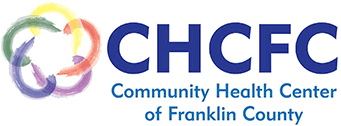
The Community Health Center of Franklin County (CHCFC) is a non-profit primary care provider and a federally qualified health center. The CHCFC is committed to providing high-quality integrated healthcare to all patients regardless of insurance status or ability to pay, and in a respectful, dignified environment.
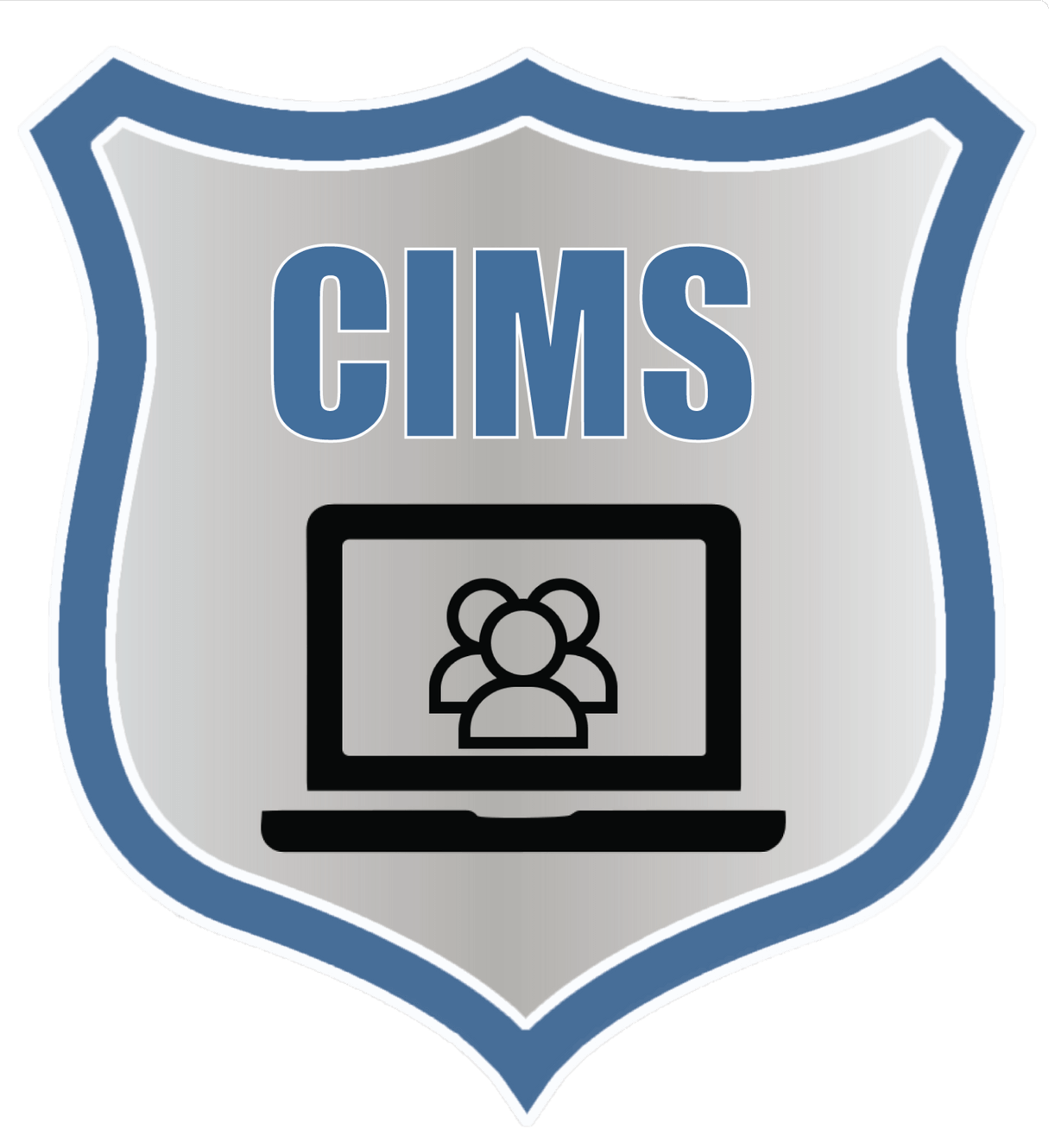
Kelley Research Associates Critical Incident Management System (CIMS)
KRA has a long history of working with law enforcement and community-based organizations implementing innovative responses to crime and public health issues. The majority of their current projects are public safety collaborative efforts involving criminal justice agencies, social service agencies, school departments, and community organizations and members. KRA staff assist these initiatives in developing goals, objectives, and performance measures; develop evaluation plans; collect and analyze baseline data; conduct continuous research to assess the achievements of the programs; and provide constant feedback to the project coordinators. KRA has particular expertise in designing and implementing data collection systems to support grant funded efforts and fill gaps left by the limitations of local data.
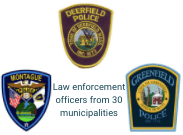
Advisory Council members
Co-chair: Antoinetta DeAngelis (Greenfield Probation)
Co-chair: Chief Robert Haigh (Greenfield Police Department)
The Opioid Task Force’s Public Safety & Justice Committee will act as the CONNECT Advisory Council, offering insight and strategy on how to best implement this endeavor with other community issues in mind. It is an interdisciplinary committee spanning Legal Offices and Courts, Law Enforcement, Behavioral Health, and other agencies. The Public Safety & Justice Committee is one of the five working committees of the Opioid Task Force, whose work is guided by its 21-member Executive Council, led by Sheriff Christopher J. Donelan, Register John F. Merigan, and Northwestern District Attorney David E. Sullivan, as founding co-chairs.



